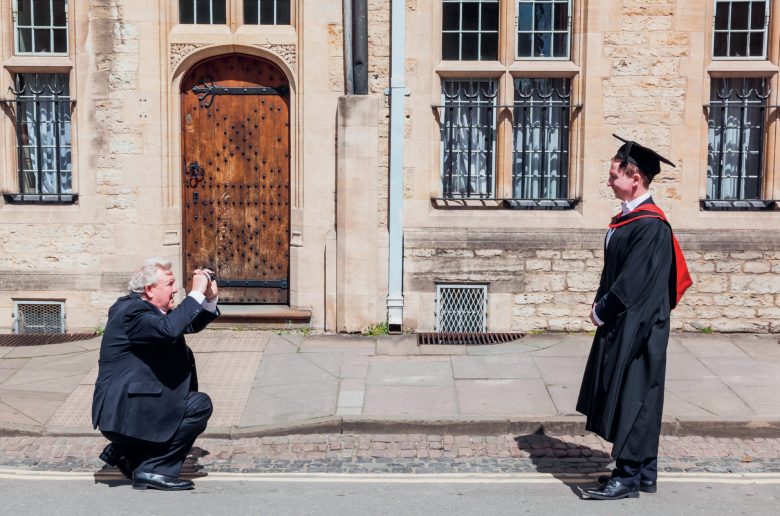
Sociologists are not that interested in weighing the merits of one religion against the other or in attempting to evaluate the truth-claims of particular world religions. Rather, sociologists are keen to explore the social context in which religion operates — the social factors that, often unknowingly, shape and influence people’s experience of religion.
Founding thinkers from Auguste Comte, who coined the term ‘sociology’, to Karl Marx, Max Weber and Emile Durkheim, were all profoundly interested in the impact of religion on society. Today, sociologists are interested in exploring a whole range of questions connected to religion, from the rise in religious fundamentalism to the popularity of new religious movements such as Scientology and kabbalah.
Your organisation does not have access to this article.
Sign up today to give your students the edge they need to achieve their best grades with subject expertise
Subscribe




